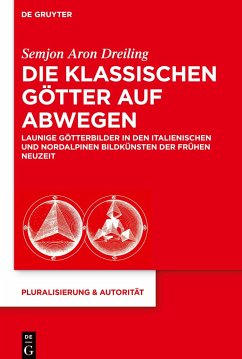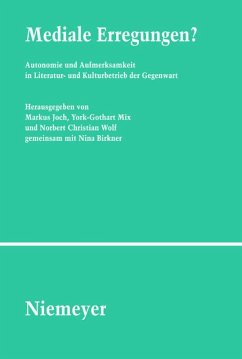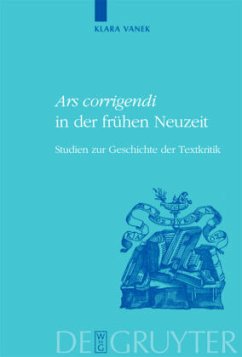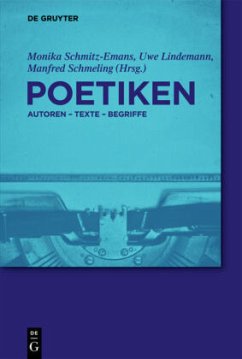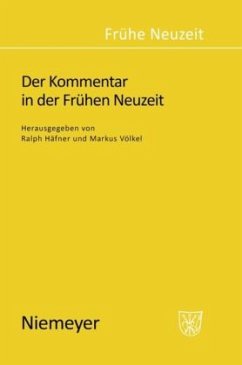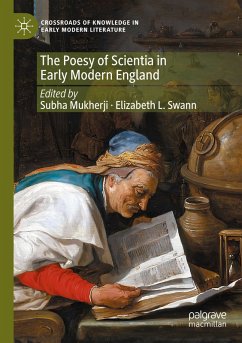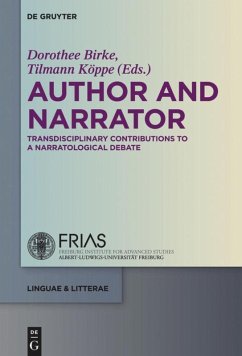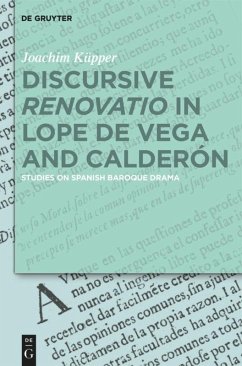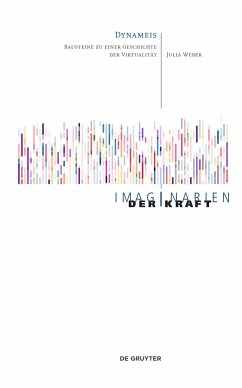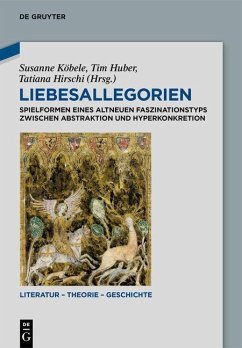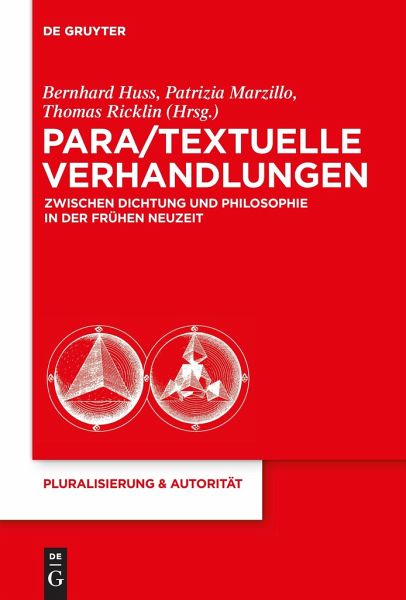
Para/Textuelle Verhandlungen zwischen Dichtung und Philosophie in der Frühen Neuzeit
Versandkostenfrei!
Versandfertig in 6-10 Tagen
230,00 €
inkl. MwSt.

PAYBACK Punkte
0 °P sammeln!
The Early Modern Period is increasingly perceived as a time of antagonism and conflict in different discursive fields. In the context of this topic the Collaborative Research Centre (SFB) 573 organized an international conference in March 2010 on â??Para/Textual Negotiations between Poetry and Philosophy in the Early Modern Periodâ?. The results of this conference are presented in this volume. The specific question of the book results from combining two key topics: the agonal relationship between poetry and philosophy, and the specificity through which this agon not only occurs in the text itself but even at the fringe between text and framework texts (paratexts and epitexts).
Die Frühe Neuzeit wird zunehmend als eine Epoche der Antagonismen und des Widerstreits auf verschiedenen diskursiven Feldern wahrgenommen. Im Kontext dieser Thematik hat der Sonderforschungsbereich 573 im März 2010 eine internationale Tagung zum Thema "Para/Textuelle Verhandlungen zwischen Dichtung und Philosophie in der Frühen Neuzeit" abgehalten, deren Ergebnisse der vorliegende Band präsentiert. Die spezifische Fragestellung des Bandes ergibt sich aus der Koppelung zweier Themenschwerpunkte: des agonalen Verhältnisses zwischen Dichtung und Philosophie, und der Spezifität, mit der sich dieser Agon nicht nur im Text selbst, sondern auch an der Grenze von Text und textuellem Beiwerk (Paratexte und Epitexte) ereignet.



